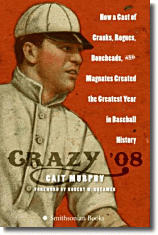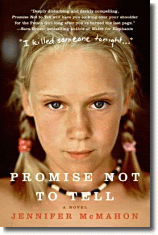Robert J. Sawyer
Ernest Lilley recently interviewed Robert J. Sawyer about his new novel, Rollback, for SFRevu.
One exchange from the interview:
Read the entire interview.SFRevu: Long ago I interviewed you and we talked about character creation. You proclaimed that your characters did what you told them to, and there was no monkey business about telling their story involved. Moreover, anyone who thought their characters were speaking to them and begging to get their stories out seriously needed to get help. As I was dating a fantasy writer of exactly that ilk at the time, proudly playing said interview did not have the desired result. Have you softened over the intervening years?
Rob: Not in the least. Reviewers often say I write realistic characters -- and they often express surprise at finding such things in hard science-fiction books. But what that means is that I've got a decent enough grasp of psychology (which is what I studied as a sideline while I was doing my broadcasting degree). Actually, when I was studying psych, in the late 1970s and early 1980s, we were just coming off the B.F. Skinner era, in which the human brain was treated as an unknowable black box, governed by inputs and outputs; I don't think the word "consciousness" was ever mentioned once in the psych courses I took. But I knew that was the wrong approach then -- and it's probably why so many of my novels, including Fossil Hunter, Factoring Humanity, and Mindscan, are about how the mind does work. If you think, as I do, that the human mind is comprehensible and mostly predictable, you understand what you're setting your characters up to do. When a writer is surprised by what a character does, it means the writer has been sloppy in designing the character.
Rollback at "My Book, The Movie."
The Page 69 Test: Rollback.
--Marshal Zeringue




















 “Life Expectancy” appears in the Winter 2007 issue of
“Life Expectancy” appears in the Winter 2007 issue of 






